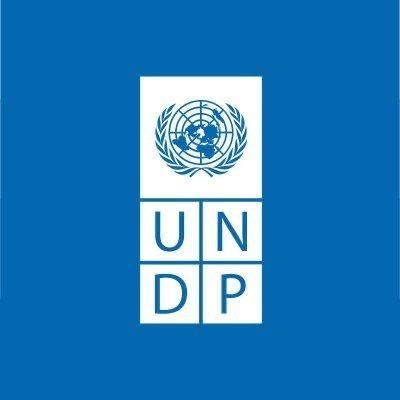Population Affairs Intern
Internship
1 month ago
Employment Information
This internship is designed to be full-time and in person but can be adjusted based on the needs of the successful candidate.
Starting date is flexible based on intern availability. Internships have a duration of at least two months and may be extended up to a total of six months.
Internships are located in the Population Estimates and Projections Section of the Population Division of the Department of Economic and Social Affairs at United Nations Headquarters in New York. The Population Estimates and Projections Section analyzes past and future national demographic levels and trends, and prepares population estimates and projections for all countries and areas of the world, depicting trends in the global population from 1950 to 2100, and is responsible for the preparation of the World Population Prospects 2024, and forthcoming 2026 revision. The Section also prepares estimates and projections of urban, rural and city populations, and is integrating the new Degree of Urbanization concept and analytical data products from the Global Human Settlement Layer (GHSL) in the 2025 revision of the World Urbanization Prospects. Under the general guidance of the team manager within the respective section or unit, the intern may provide support in the following areas: 1. Assist in updating and assessing demographic data from a range of data sources (registration, census, survey); 2. Become familiar with the analytical steps used to update country estimates and projections, including the various empirical datasets and databases used as input, and the application of various demographic methods and statistical models depending on context-specific situations in term data availability and reliability; 3. Assist with data compilation, analysis (including application of direct and indirect methods), and desk research on either (a) the evaluation of the completeness of birth and death registration, (b) the estimation of international migrants due to forced migrations, or (c) the estimation of deaths attributable to droughts or famines from developing and developed countries both from literature review, aggregated summary tabulations and microdata upon data availability for the 1950-2024 period; 4. Assist in modelling robust annual time trends from 1950 to 2024 for either (a) the completeness of the registration of vital events, (b) the number of forced migrants, or (c) the number of deaths attributable to droughts or famines for 237 countries and areas based on various types of data sources and estimation methods; 5. Contribute to publications related to either (a) the evaluation of the completeness of vital registration, (b) forced migrations, or (c) mortality crises, draft fact sheets and prepare talking points; 6. Participate in relevant meetings and collaborate with experts within and outside the Organization. The specific research topics and assignments will be defined based on discussion between the intern and the responsible officer and should be mutually beneficial for both the intern and UN. The intern may also be asked to assist in the day-to-day work of the Division if required. The intern is expected to familiarize him/herself, to a limited extent, with administrative work of the division and other tasks that are typical of UN organizations. Intern learning opportunities: Interns will have opportunities to broaden their experience and knowledge about international population issues; gain exposure to the work of the Population Division and related work in other UN agencies; broaden their understanding of current demographic issues globally; and be introduced to the functioning of United Nations bodies. Interns are integrated in the respective substantive team. They participate and contribute to staff meetings and discussions, research population issues, draft papers and reports, develop and maintain information databases, and provide support to other activities. Interns work under the supervision of the respective team staff. In addition, interns have an opportunity to attend lectures and other events related to social and economic development and other UN-related issues held in New York or virtually.
(a) be enrolled in, or have completed, a graduate school programme (second university degree or equivalent, or higher); (b) be enrolled in, or have completed, the final academic year of a first university degree programme (minimum bachelor’s degree or equivalent). No working experience is required to apply for the United Nations Internship Programme. Your training, education, advance course work or skills should benefit the United Nations during your internship. Applicants must be a student in the final year of the first university degree (bachelor or equivalent), Master’s or Ph.D. Programme or equivalent, or have completed a Bachelor’s, Master’s or PH.D. Programme. Do you meet any of the above criteria? If yes, please indicate which one and attach proof to the application. Please note that you will have to provide an official certificate at a later stage. For this internship, applicants should be pursuing their studies preferably in demography, population studies, human geography, public health, international relations, political science, development studies, quantitative history, digital humanities, applied statistics or related area and be computer literate in standard software applications, especially MS Excel is desirable. Proficiency in R statistical software programming is required. Familiarity with population and vital statistics data and with demographic estimation methods are assets, but not prerequisite.
Not available.
Not available.
Interns are not financially remunerated by the United Nations. Costs and arrangements for travel, visas, accommodation and living expenses are the responsibility of interns or their sponsoring institutions. Interns who are not citizens or permanent residents of the country where the internship is undertaken, may be required to obtain the appropriate visa and work/employment authorization. Successful candidates should discuss their specific visa requirements before accepting the internship offer.




